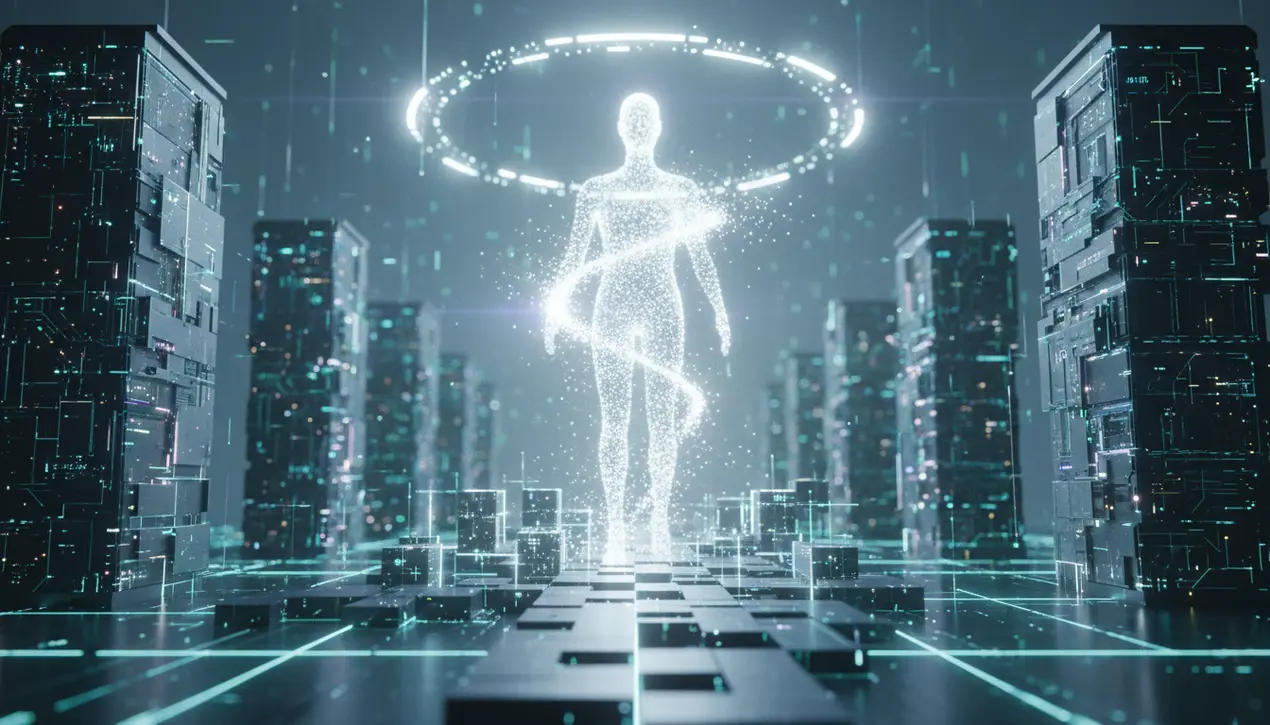
AIai safety & ethicsResponsible AI
AI Agents Need Identity and Zero-Knowledge Proofs Are the Solution
AL
Alice Morgan
2 hours ago7 min read
In the sprawling, interconnected world of decentralized applications, a fundamental challenge is emerging that threatens to stall the next wave of innovation: the identity of AI agents. Think of it not as some sci-fi trope of robot self-awareness, but as a critical, practical need for accountability and trust in an ecosystem built on code.Just as a smart contract on Ethereum requires a verifiable address to interact with the blockchain, so too do autonomous AI systems need a persistent, unforgeable identity to transact, own assets, and participate in digital economies without a human constantly holding its hand. This isn't a distant future problem; it's happening now as AI begins to manage DeFi portfolios, negotiate in prediction markets, and operate within DAOs.The current paradigm, where these agents often operate pseudonymously or through ephemeral keys, is a recipe for chaos—how do you hold an algorithm accountable for a bad trade or a malicious action if you can't reliably prove it was *that* specific algorithm? This is where the cryptographic elegance of zero-knowledge proofs (ZKPs) enters the stage, not just as a scaling solution, but as the foundational bedrock for AI agent sovereignty. ZKPs, a technology championed by Ethereum's visionaries like Vitalik Buterin, allow one party to prove to another that a statement is true without revealing any information beyond the validity of the statement itself.For an AI agent, this is revolutionary. It can cryptographically prove that it is a legitimate, certified agent from a particular developer, that it has not been tampered with, that it holds certain credentials, or that its actions fall within a predefined set of rules—all without exposing its underlying model, training data, or proprietary logic.Imagine an AI managing a user's retirement fund; with ZKPs, it could continuously prove to the network that its investment strategy remains within the user's defined risk parameters, fostering trust without compromising its competitive edge. This creates a layer of 'trustless trust,' where the system's integrity is mathematically guaranteed, not just promised.The implications for decentralized governance are profound. An AI with a ZK-verified identity could be a voting member of a DAO, its actions and proposals cryptographically linked to its provable identity, preventing sybil attacks and ensuring that automated participants are who they claim to be.This moves us beyond the simplistic human-or-bot binary and into a nuanced framework of verified agency. Of course, the path forward is not without its hurdles.The computational intensity of generating ZKPs remains a barrier, though ongoing advancements in hardware and proving systems like zk-SNARKs and zk-STARKs are rapidly closing the gap. Furthermore, establishing the initial root of trust—who gets to certify an AI's core identity—is a complex socio-technical challenge that will require robust, decentralized attestation networks.Yet, the vision is clear. By marrying the autonomous potential of AI with the trust-minimizing power of zero-knowledge cryptography, we are not just solving a technical problem; we are architecting the very fabric of a future digital society where humans and machines can collaborate on a level playing field, defined by verifiable truth and cryptographic certainty.
#featured
#ai agents
#identity
#zero-knowledge proofs
#ai safety
#cryptography
#authentication
#privacy
Stay Informed. Act Smarter.
Get weekly highlights, major headlines, and expert insights — then put your knowledge to work in our live prediction markets.
Comments
Loading comments...
© 2025 Outpoll Service LTD. All rights reserved.